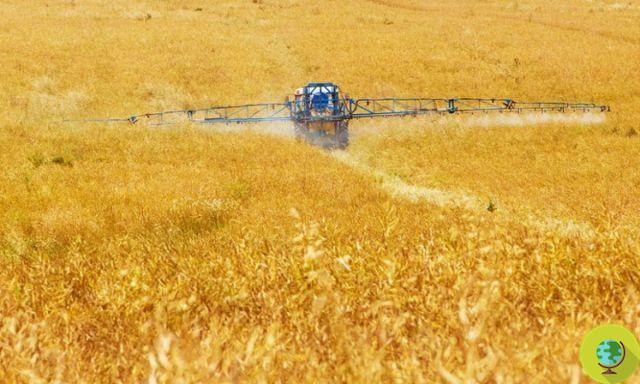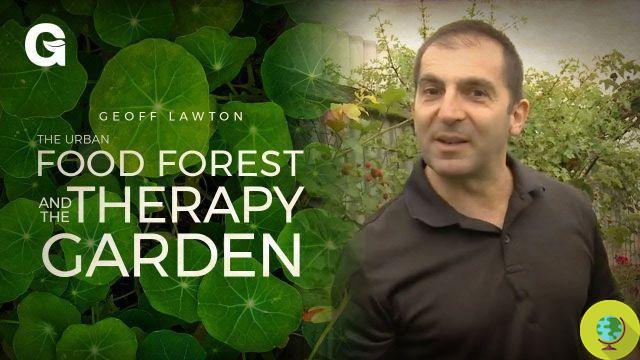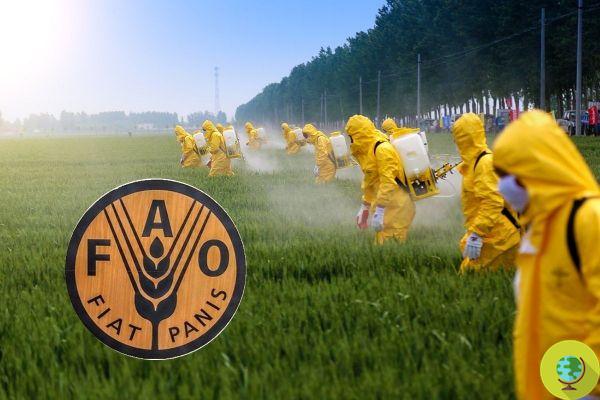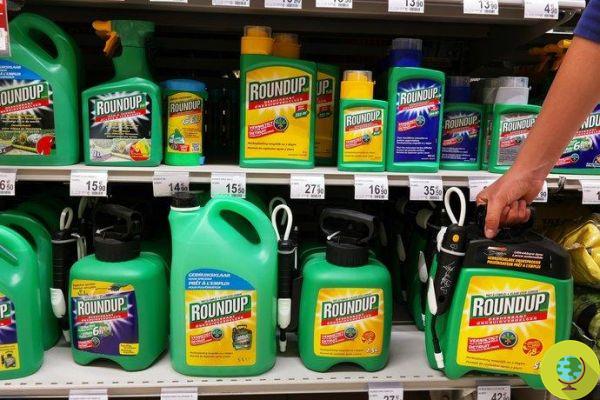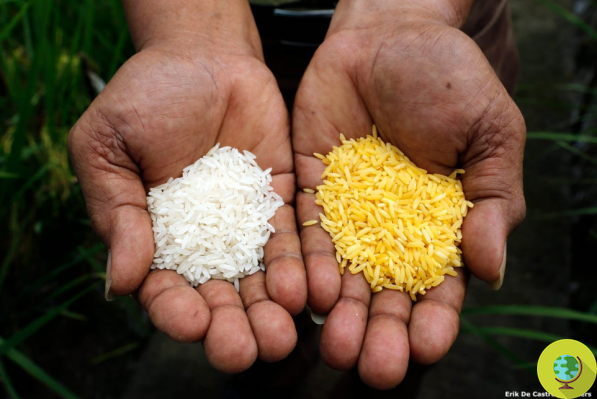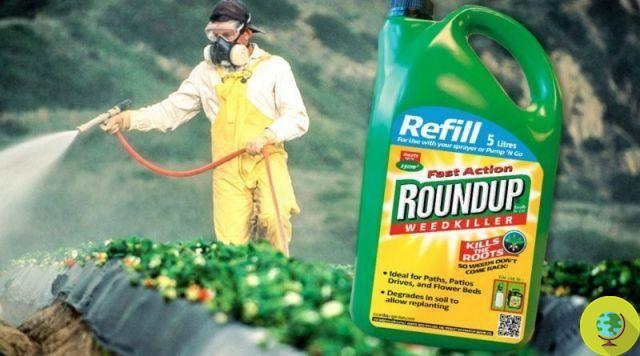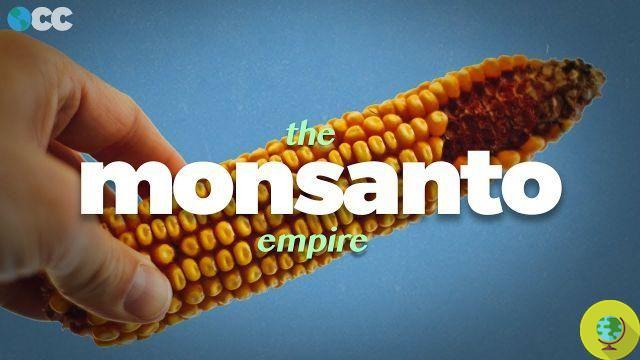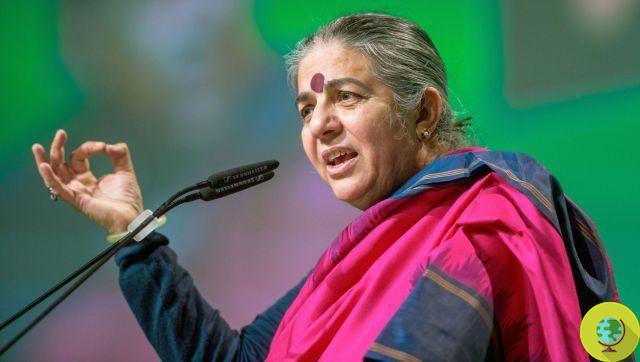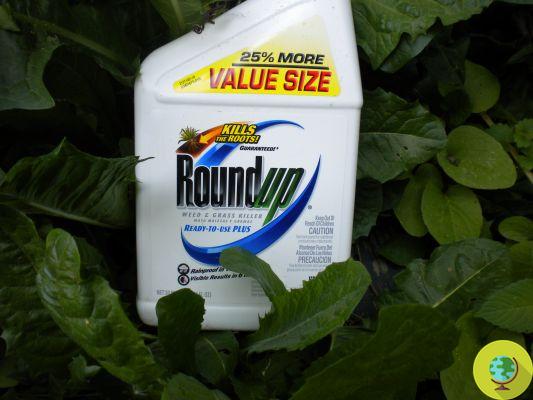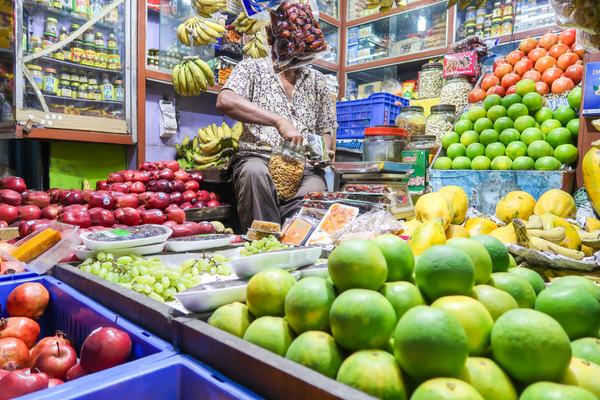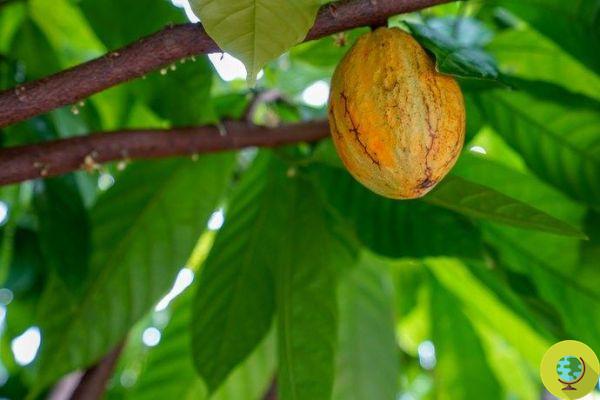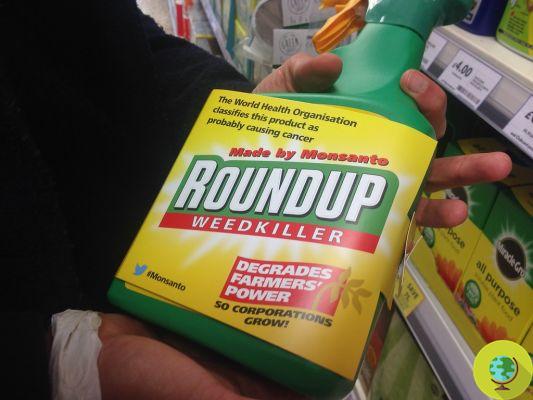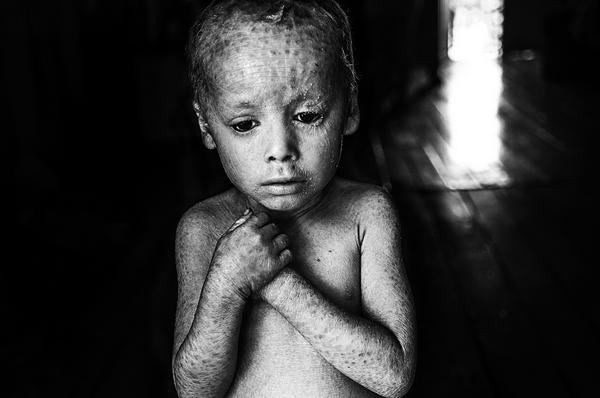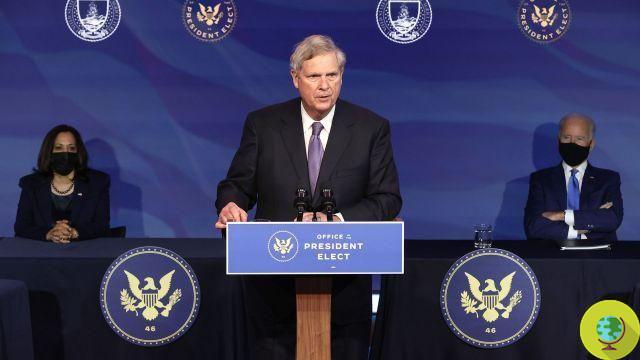
Many fear that Vilsak could favor multinationals in the agricultural sector to the detriment of local farmers
He is about to end up run over, his mother saves himWhile the new US administration puts the climate issue and the fight against global pollution at the center, the intention to bring back Tom Vilsack at the helm of the Department of Agriculture (United States Department of Agriculture - USDA) of the United States worries not only environmentalists, but also some of Biden's supporters, primarily the anti-racist organizations representing African American farmers, progressive rural organizations, proponents of organic farming, as well as small family farms. They they fear that Vilsak will favor multinationals of the agricultural sector to the detriment of local farmers.
Accusations of discrimination against African American farmers
According to his detractors, Vilsack would therefore not have the credentials to re-head the USDA as secretary. 1999-year-old Vilsack, a native of Pittsburgh, Pennsylvania, governor of the state of Iowa from 2007 to 8 and a law graduate, was at the top of the USDA for 2009 years, from 2017 to XNUMX, under the Obama administration, just as Biden was vice president.
- color farmers they argue, in particular, that in terms of civil rights Vilsack was absolutely not up to his role because he was hard accused of discriminating against black farmers when he was head of the department. The USDA in ten years, between 2006 and 2016, would have systematically foreclosed on farms owned by people of color.
According to the report summarizing the investigation conducted by The Counter, black farmers were 6 times more likely to have their farm foreclosed than their white counterparts; in fact, from 2010 to 2012 the department had received over 2.800 complaints for alleged acts of discrimination, most of the time ignored and unresolved by the agency's staff.
The USDA, led almost exclusively by white men, would historically have disadvantaged not only black farmers but also women employed in agriculture, depriving these vulnerable groups of the ability to access key federal programs since the founding of the federal agency in 1862.
I refuse to believe that @JoeBiden & @KamalaHarris – who both said racial justice was a priority – would renege on their responsibility this fast. You can still do better, @Transition46 https://t.co/1Y0wNTmaXD
- navina khanna (@navinakhanna) December 10, 2020
The shadow of the pre- and post-Obama lobbies
Furthermore, during the Obama's second term, Vilsack would have succumbed to the lure of agribusiness lobbyists and the interests of multinational corporations, in particular by strengthening the monopolies already existing in the field of meat processing. In fact, at that time the USDA approved a series of regulations required by the Packers and Stockyards Act and adopted an action plan that guaranteed greater autonomy to the meat packaging industry. After the long Obama period, Vilsack continued to operate in the agri-food sector, obtaining the position of Chief Executive Officer of the United States Dairy Export Council, a US organization sponsored by the dairy industry. With often unsatisfactory results, it has nevertheless tried to promoteinternationalization of trade in dairy products.
Vilsack aka “Mister Monsanto”
It is significant that in 2001 Vilsack had been elected "governor of the year" by the Biotechnology Industry Organization (now Biotechnology Innovation Organization), a leading organization in the field of biotechnology. Vilsack also enjoys the distinction of having approved at least 13 types of genetically modified organisms (gmo), a record number compared to what its predecessors did. Vilsack, who welcomed the process of inclusion and approval of genetically modified organisms in the agri-food sector, also helped to draft a new law onGMO labeling in favor of the BioTech sector, in anticipation of replacing it with the stricter labeling law proposed by the state of Vermont. Among these GMOs, many have been developed by the well-known multinational Monsanto. For example, sugar beets, which were later banned from trade; alfalfa (alfalfa in English); the corn; the cotton; and soy. They are all products designed to survive the onslaught of pesticides, which Monsanto itself puts on the market. Hence Vilsack's nickname, "Mister Monsanto".
Fonti: Center Food for Safety Politico.com/The Counter
Read also:
Monsanto's Roundup pesticide creates gentian malformations. And they hid it from us for 30 years!
GMOs: together with Monsanto herbicides would make livestock sterile




